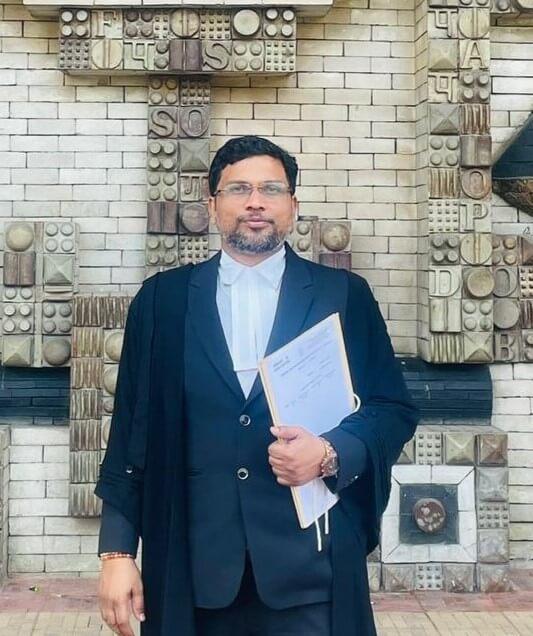The Protection of Children from Sexual Offences (POCSO) Act, 2012, aims to protect children from sexual abuse and exploitation. Here’s a comprehensive guide: What is POCSO? The POCSO Act is a law that protects children (below 18 years) from sexual offenses, including: Key Features of POCSO: Types of POCSO Cases: POCSO Procedure: POCSO Offenses and Penalties: Important POCSO Sections: POCSO Cases Judgment: Challenges in POCSO Cases: Tips for Handling POCSO Cases:
Sale Deed -Keral High Court Judgment
Kerala High Court Judgment Sale Deed – Correction of resurvey number without boundary or extent – changes is a rectification deed, not a fresh sale deed. _ Registration Act – S.78 – Court ruled that correcting an error in the tent, resurvey number of a property, while the boundary, ex- and old survey number remain unchanged, does not constitute a fresh sale deed but should be regarded as a rectification in the sale deed. The purpose of such correction is to rectify a mistake documentation rather than to create a new transaction. Therefore, the registration fee applicable to a rectification deed, rather than the higher fee for a new sale deed, should apply. The Court emphasized that the nature of the correction is purely administrative and does not alter the original terms of the transaction. As a result, treating this correction as a rectification deed ensures that the parties are not unjustly burdened with unnecessary fees.
Cheque Bounce Cases Lawyer in Delhi
Cheque Bounce Cases Lawyer in Delhi. Cheque Bounce Cases: A Comprehensive Guide A cheque bounce, also known as a dishonored cheque, occurs when a bank refuses to honor a cheque due to insufficient funds in the account or other reasons. In India, cheque bounce cases are governed by the Negotiable Instruments Act, 1881. Consequences of Cheque Bounce: Procedure for Filing a Cheque Bounce Case: Tips for Avoiding Cheque Bounce Cases: Conclusion: Cheque bounce cases can have serious consequences. Understanding the procedures and taking preventive measures can help avoid such situations.
Advocate in Delhi
Supreme Court Judgment. Accused were not traceable. Such conduct by itself is not reflective of a guilty mind. The absence of the accused when the police discovered the body and initiated proceedings after filing the FIR might stem from the instinct for self-preservation rather than guilt, even if the accused were innocent. This instinct could prompt the accused to avoid arrest until advised better and eventually surrender. Such behaviour doesn’t necessarily indicate a guilty conscience. If the accused were truly innocent, this act of self-preservation could simply be a reflex action rather than a sign of culpability. The natural inclination to avoid immediate arrest might be influenced by prudence until the accused gets sound advice to surrender. Therefore, this conduct alone may not serve as evidence of a guilty mindset.



